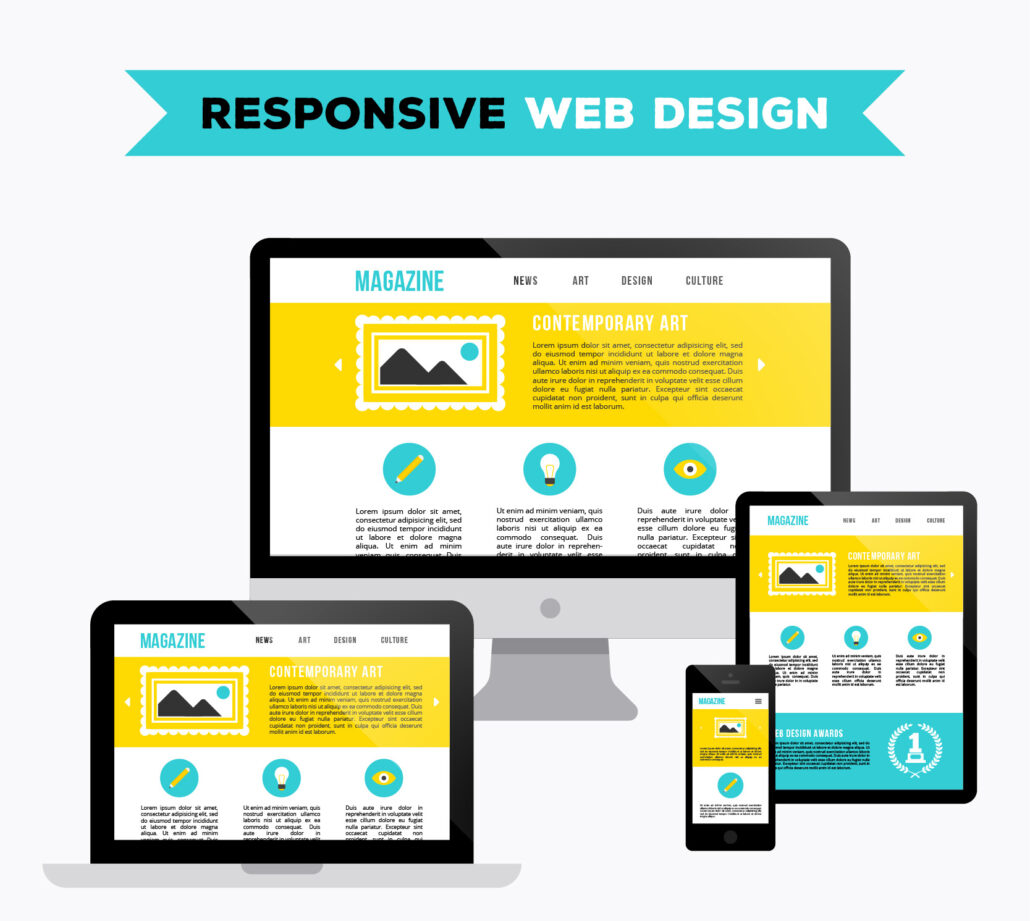Professional website design refers to the process of designing and developing a website in a way that is visually appealing, user-friendly, and effective at achieving the business’s goals. A professional website design should:
Reflect the brand’s identity: The design should be consistent with the business’s brand identity and accurately reflect the business’s values, personality, and style.
Be visually appealing: The website should be visually appealing and use design elements, such as color, typography, and images, in a way that is attractive and engaging.
Be easy to navigate: The website should have a clear and logical structure and be easy for users to navigate and find the information they are looking for.
Be responsive: The website should be designed to be responsive, meaning it should adjust to the size and resolution of the device it is being viewed on. This is important as more and more people are accessing websites using their mobile phones and tablets.
Achieve business goals: The website should be designed with the business’s goals in mind, whether that is to generate leads, drive sales, or provide information to customers.
Overall, professional website design is important because it helps businesses create a strong online presence that accurately reflects their brand, is visually appealing and easy to navigate, and is effective at achieving their goals.



